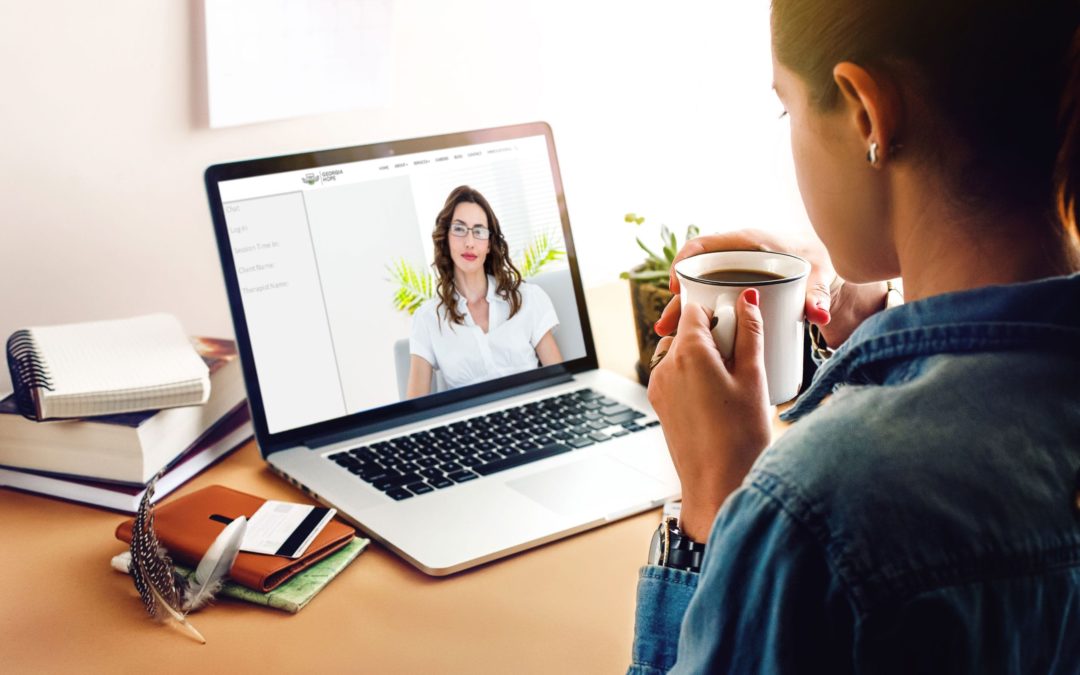Today we’ll be addressing one of the most stigmatised topics in the world: therapy. For years, we have seen a drastic incline in the amount of mental health disorders across the U.S. And then we wonder how it got this bad. Therapy has always had a negative connotation to it. People have been judged and even ridiculed for seeking out therapy. This is just one of several reasons that have held back millions of people from getting professional help.

To make matters worse, over the past half a decade, we have collectively started talking more openly about the state of our mental health in our nation. Celebrities, the media, local organizations, etc. – everyone seems to support the bettering of our health care system, specifically regarding mental health care. However, we have yet to see any real positive impact. Unfortunately, it has mostly been superficial results – a few gatherings, several rounds of applaud, etc. But the numbers don’t lie. Our mental health issue continues to worsen. Why?
Location, Location, Location
Aside from stigma playing a large role in holding people back from therapy, one of the main reasons why a large percentage of the population doesn’t receive therapy is simply due to where they live. Most rural areas across the U.S. do not have a local licensed psychologist residing in that area. Even if people could afford therapy, which many cannot, and even if they could get over the stigma, they can’t travel several hours for therapy. It’s simply unrealistic.
Fortunately, in the age of technological and digital innovation, there is a new type of therapy that is available for anyone with an internet connection: online therapy.
Online counselling: The Cure to Our Problems?
Online therapy, also known as online counselling, has been around for years now. However, it has only recently begun to grow in popularity. There are plenty of reasons to consider online counselling: affordability, convenience, anonymity – just to name a few.
There are different types of online counselling: from chatrooms on specific mental health topics to video calls with therapists. There are options where you can talk to a different person every time and there are others where you stay with one therapist. Online therapy opens the door to a vast amount of options, providing clients with something that meets their specific needs. When it comes to making changes in life, it is helpful to take the initiative and stay committed. Online therapy is no different. According to both expert and customer recommendations, plenty of people have success with online counselling. Individuals who make online counselling work usually have these things in common:
They do their homework. Because there are so many options available, it can be overwhelming to figure out what you need. It is important to thoroughly look into those options before starting. Make sure you find the right licensed professional for you.
They find what works for them. Online counselling can give people plenty of different forums to seek help. Do you want to be a part of a group chat with others who have similar experiences led by a trained facilitator? Do you want to video chat with a licensed professional that feels more like individual therapy? It is crucial to find the online venue that works best for you.
They are all in. Online counselling (really most any counselling) works best if you take an “all in” approach. With counselling, it can be easy to stop going to sessions or avoid responding to a message by the counselor. Online counselling works, but it works best when you are committed to the process. People who use this type of therapy tend to be committed to it for as long as it takes. They understand that therapy is a process; it’s not something that will take 2-3 sessions.
They communicate their needs to the professional. It is helpful to be upfront about your expectations of the counselor and the counselling process itself. Being clear about your needs and goals will help you and your counselor figure out what steps need to be taken to get you where you what to go.
They work on themselves outside of counselling. Online counselling can work really well because there are often less rigid barriers in terms of time. In-person counselling usually occurs only once a week. Online options might be more permissive in terms of the availability of services. That being said, it is still necessary to put what you learn in counselling into practice in your everyday life.
The Downsides
The benefits of this type of therapy are clear. However, as is the case with everything in life, there are drawbacks. Let’s explore some of these and if they are truly problematic.
No verbal cues. If you’re using text messaging as your primary method of communicating, your therapist will not be able to identify any human expression – voice or facial. It is easy for any person, even a licensed professional, to misinterpret a statement over chat. This is certainly cause for concern, however there is a solution to this. Most online counselling platforms enable customers to speak with their therapist over the phone or video chat.
Internet connection. Many opponents of online counselling cite the fact that this type of therapy hinges on a person’s internet connection. With the invention of 4G (and soon to be 5G) internet, this drawback is of no more concern. Gone are the days of wildly delayed video chat.
Regulatory fears. People fear that some of these platforms will engage in unethical practices. While there will almost surely be a few bad apples in the batch, most platforms are here to not only help people but to adhere to federal and state laws. As such, many of these online counselling platforms are already HIPAA compliant.
Effectivity. The only argument that is truly holding back the online counselling revolution is the question of its effectiveness. Opponents claim that this type of therapy will never be as effective as traditional counselling. However, this is a much larger debate – one that deserves its own blog piece. The short answer to this is that therapy is extremely subjective and personal. It will vary from person to person. It will be years until more accurate data suggests either positive or negative general outcomes. So far, the majority of online testimonials point to an effective system.
Online counselling really can work and work well. However, it often depends on the individual. If you spend the time searching for an option that fits you and your specific needs, and you stay committed to the process, online counselling can work. This puts the power to change in the hands of each person. All you have to do is figure out what works best for you. If you remain dedicated to the process, online counselling can be a great fit, providing you with access to more options than you have ever had before.




